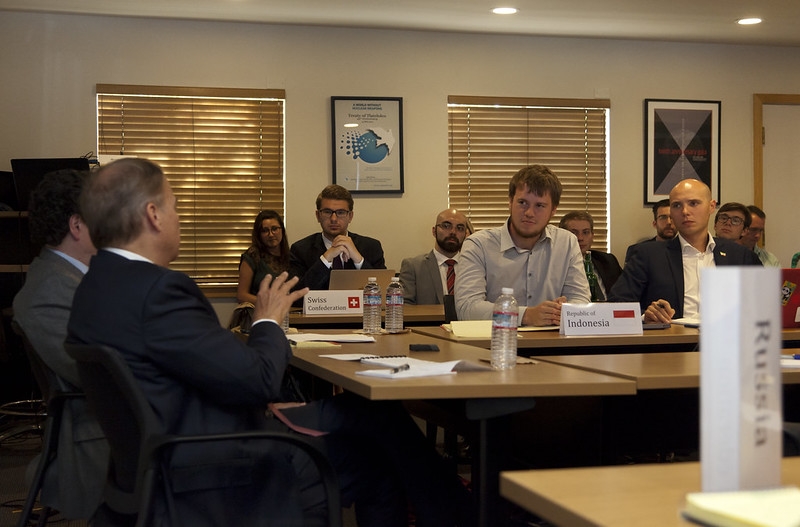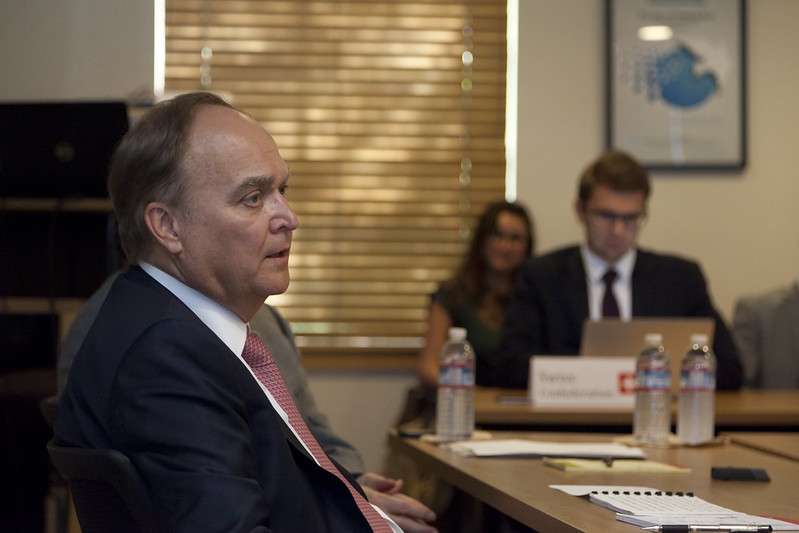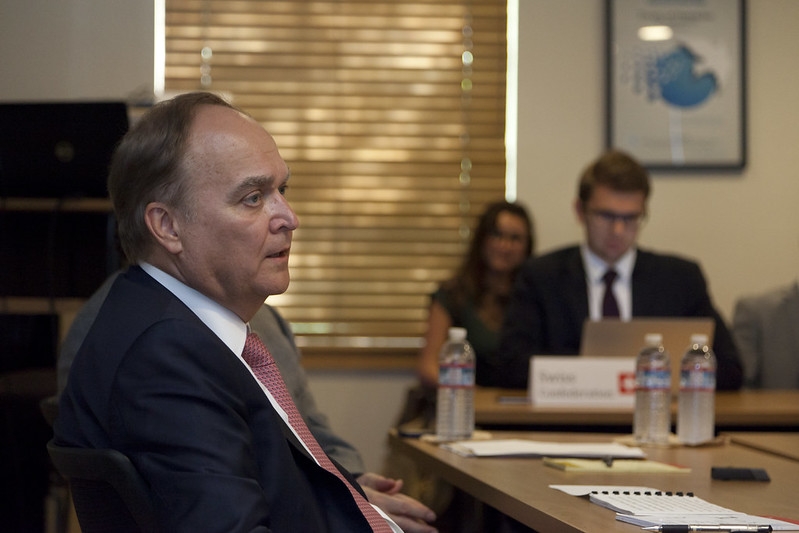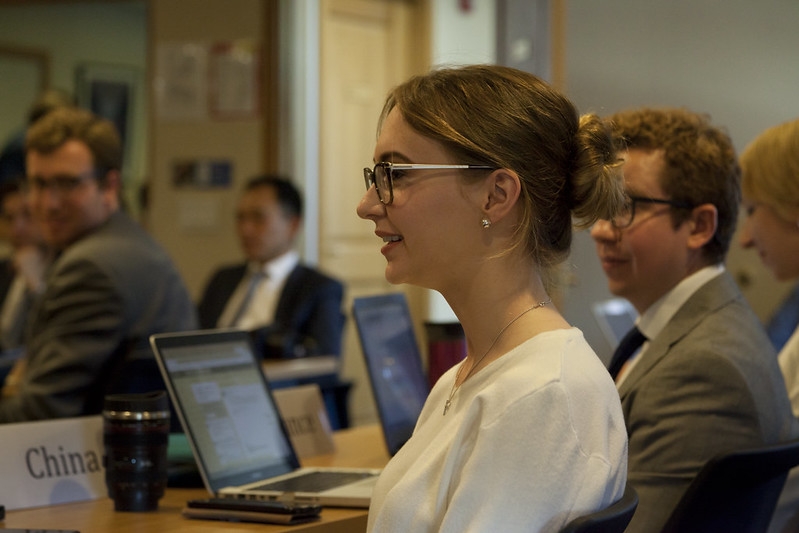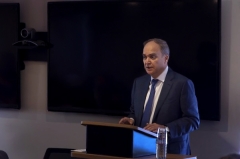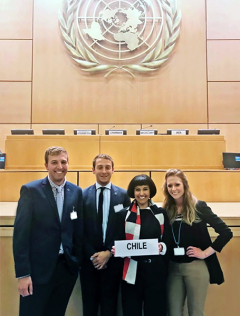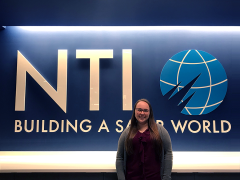New Russian Ambassador to US Meets with Students
| by Eva Gudbergsdottir
Russian Ambassador Anatoly Antonov spoke to faculty and students at the Middlebury Institute on a wide range of topics during an invitation-only seminar on Thursday, November 30th.

